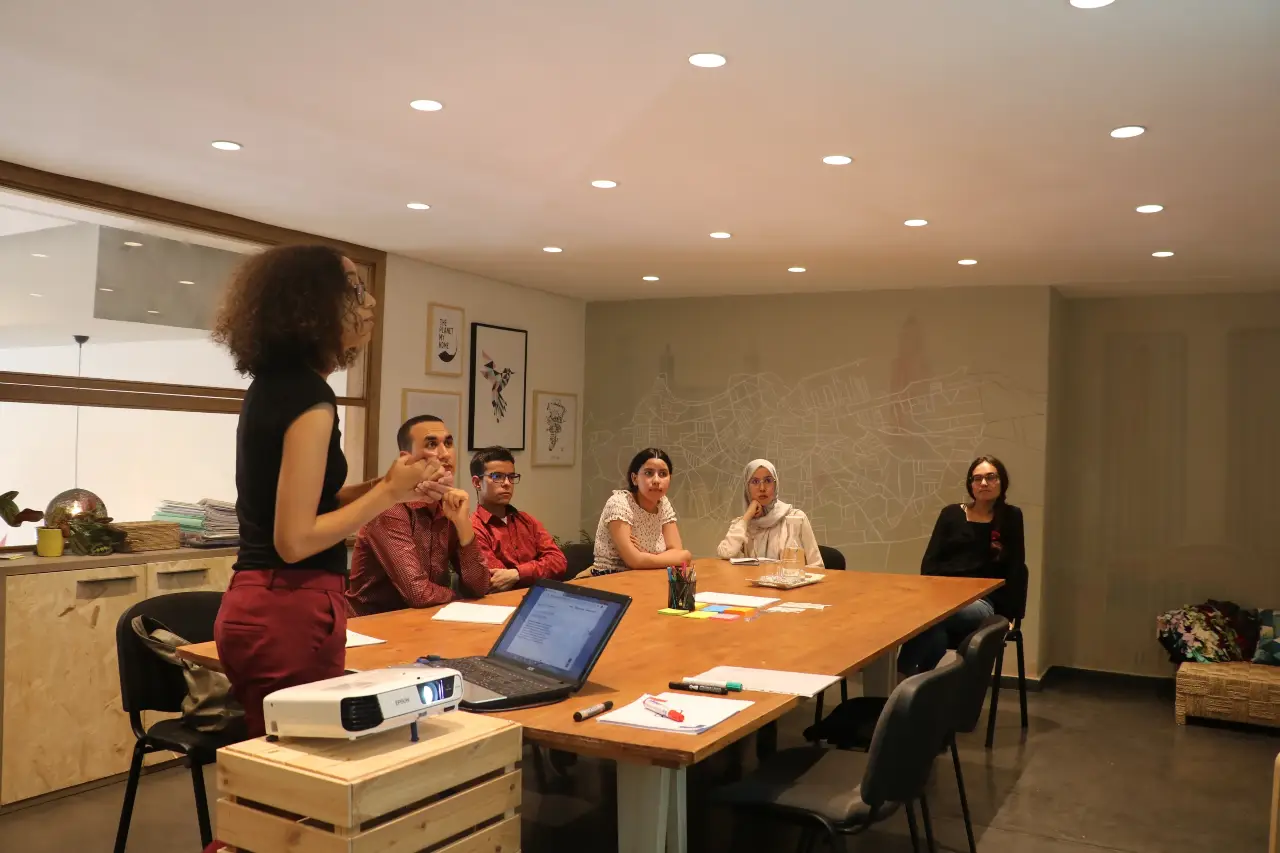Born between 1981 and 1996, millennials have been the largest generation in the U.S. workforce ever since 2016. Yet, despite the fact that there are plenty of millennial workers available, many employers have found it difficult to hire and retain millennial workers. Their attitudes, values, and work styles are vastly different than the generations that came before them. While it can be easy to for businesses to write them off as "lazy," that doesn't do anything to solve the problem. If an organization wants to stay successful, they need to adapt and work to understand the millennial workforce. With that said, let's take a look at millennials and see what makes them so different.
The Great Recession
For better or worse, millennials are defined by the Great Recession. Many older millennials graduated into a labor pool that didn't have enough jobs for them. Out of all of the generations affected by the recession, millennials were hit the hardest - with formal unemployment rates ranging between 20-30%. Not only did the recession hit them hard, but they also didn't benefit much from the recovery. A 2018 report from the Federal Reserve Bank of St. Louis found that millennials had wealth levels 34% below where they would have been if not for the financial crisis. The truth is, millennials got left behind, and they know it.
This has left many millennials disillusioned with work. Think about it for a second. The majority of them did it right. They went to college, stayed out of trouble, got good grades - the whole nine yards really. But despite their work, they didn't get any of the rewards they were promised. And of those who were able to get jobs, most of them found that their companies offered them very few opportunities for career growth or development. So, as a result, millennials have become the least engaged generation at only 29% active engagement. The majority of them don't trust that their employers are going to provide them or have their best interests at heart. And who can blame them with everything that's happened to them in the last decade?
They Desire Meaning
According to a recent LinkedIn survey, 74% of millennials reported that they wanted a job where they felt that their work mattered. More than anything, millennials want to feel like their work has an overall impact on an organization's outcomes. Note that this isn't necessarily related to an organization's impact on the world itself. Instead, millennials crave positions where they actively feel they are adding value. They want to feel a sense of ownership and as if they are heard. In fact, employees who feel like they have this are 20% more likely to stay in a position. Conversely, if an employee doesn't feel this way, they are far more likely to leave a position. In fact, 21% of millennials report switching jobs in the last year, and 60% are open to a different opportunity.

They Want a Work-Life Balance
While advancements in technology have given companies the power to be "always on," millennials don't want that. In fact, the majority of them desire a healthy work-life balance. This flies in the face of traditional working values that lead to 41% of American workers not taking time off for vacations. More and more, millennials are demanding flexibility and reasonable boundaries from employers. Many are asking for expanded parental leave options and the ability to work remotely. They've become resistant to the typical 9-5; more and more, they are looking for positions that are objective focused as opposed to hours based. Many millennials have shown that they are willing to take a position that has a lower pay if it allows them more of a work-life balance.
They're Tech-Savvy
Compared to Gen Xers and Baby Boomers, Millennials are by far the most tech savvy working generation. More than nine-in-ten millennials report owning a smartphone, and nearly eight-in-ten report using social media on a daily basis. More than any other generation, millennials embrace innovation and the use of new technologies. They tend to be early adopters of new technology, and they consistently prove to be adept at learning new systems. As more millennials take over the workforce, they are going to drive the digital workplace farther than ever before. While incoming millennials don't expect their employers to be on the cutting-edge of technology use, they prefer to work for companies that are forward-thinking in the tools they provide employees.

So What Does This Mean?
For one, employers can't approach millennials like they would any other working generation. They need to demonstrate to them that they are forward thinking and invested in their growth and development. Further, they need to show that they respect their employees' time and are willing to be flexible. Employers need to focus on building trust and communication with millennial workers. We recommend working on opportunities to increase their "buy-in" and feelings of ownership and meaning regarding their work. While it will take some adjusting, working on this now can benefit your company in the long run.
Book a Live demo
Schedule a live demo of Dock 365's Contract Management Software now.

Written by Quentin Russell
Quentin Russell is a Content Specialist with knowledge of Content Marketing and Social Media Marketing.






